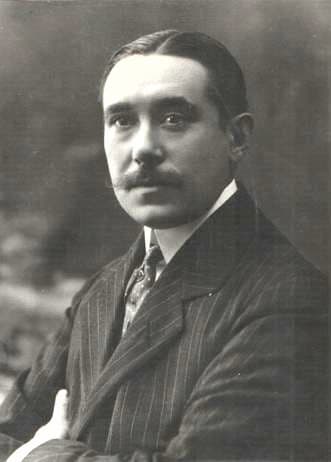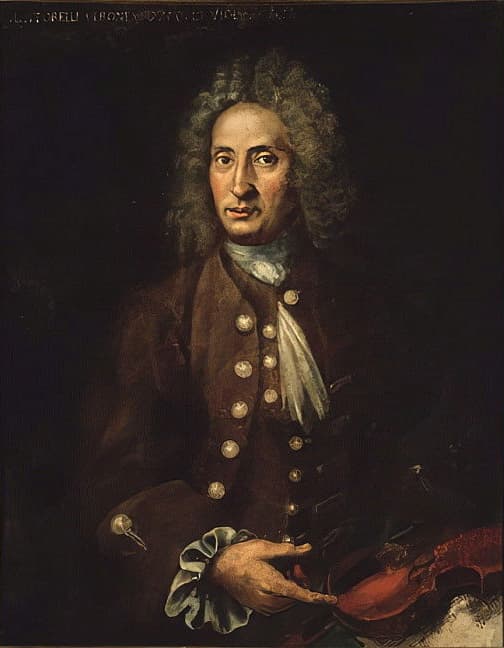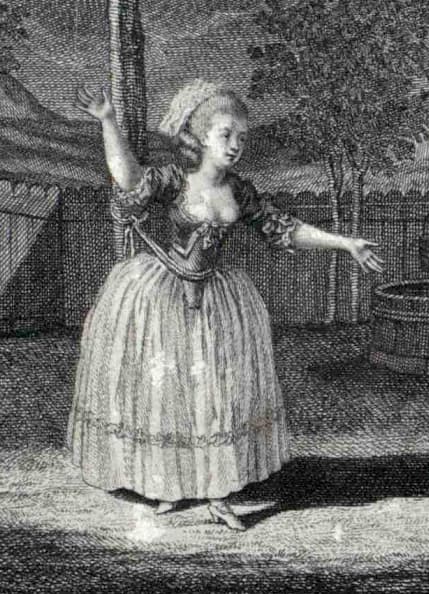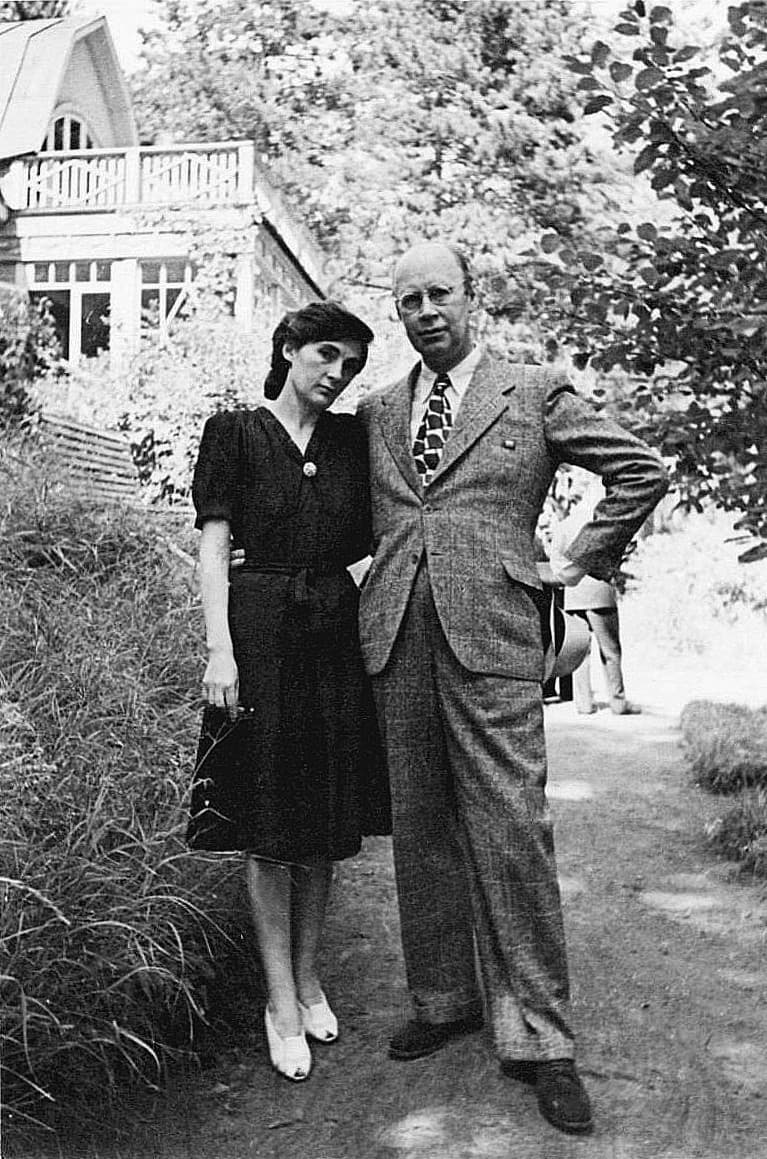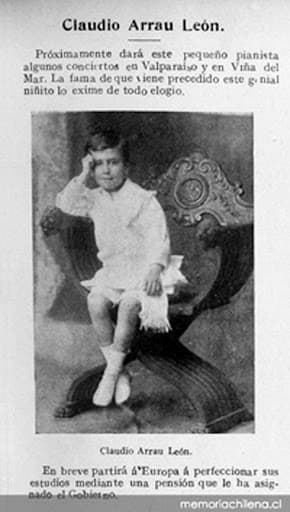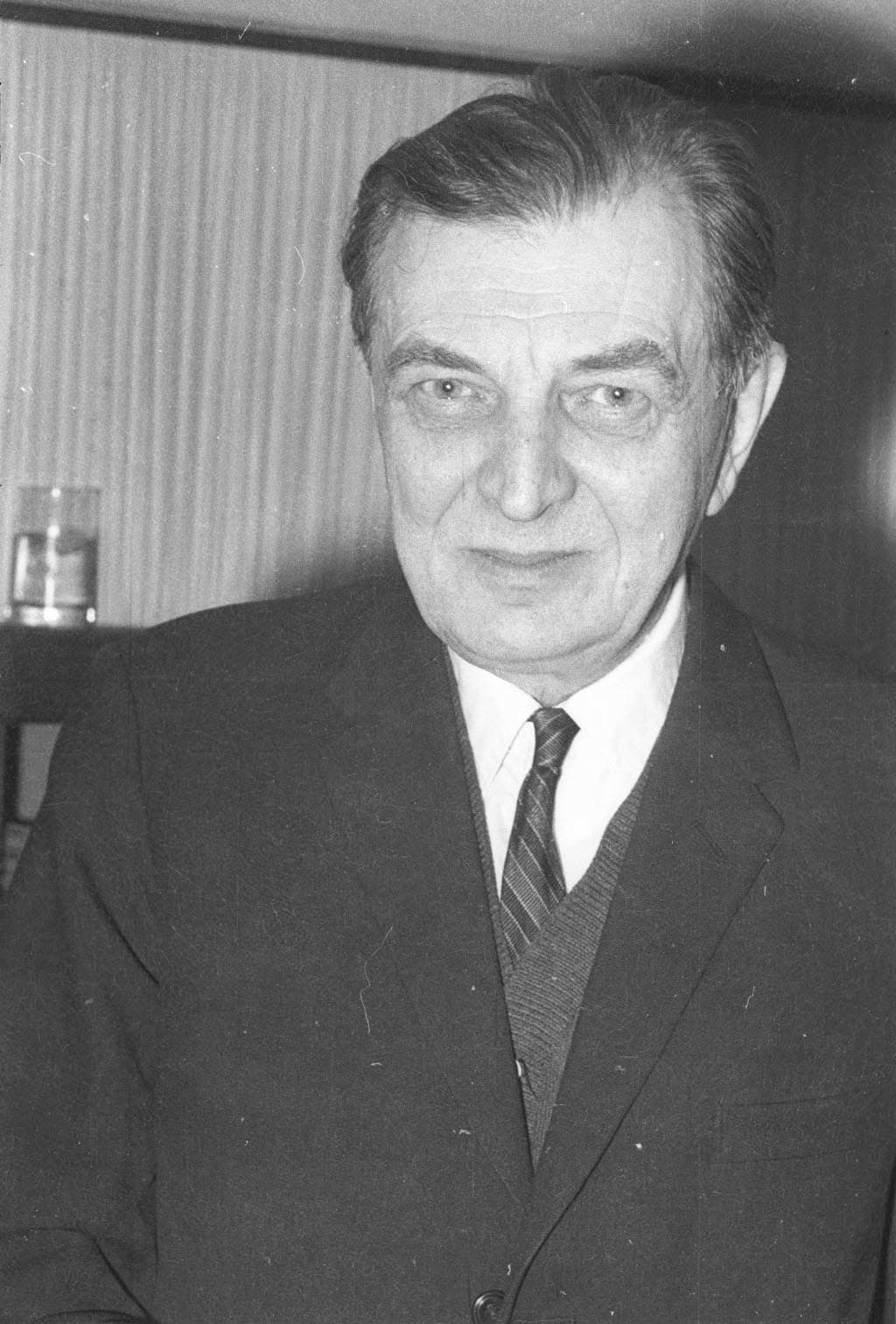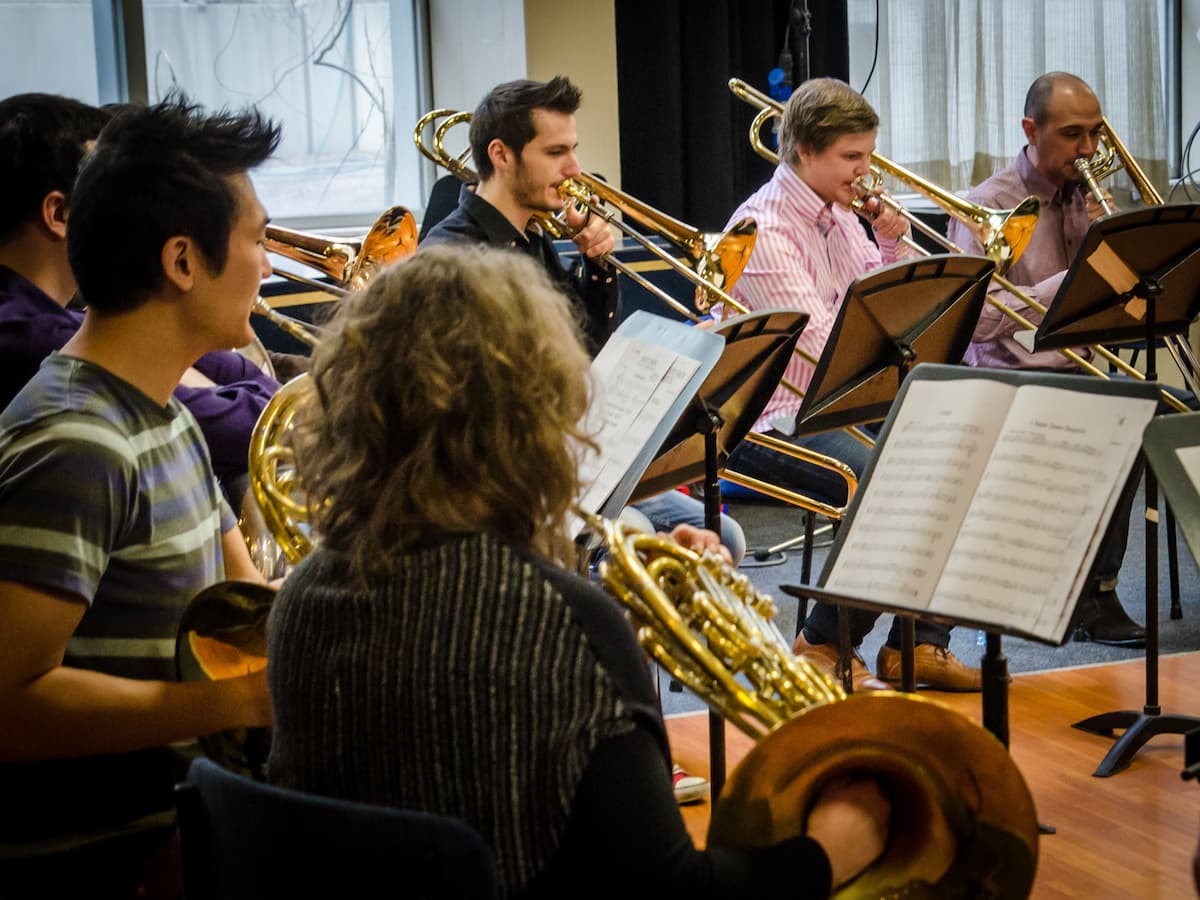Spanish composer Joaquín Turina (1882–1949) invoked the magic of the women of Spain in three sets of piano music, his Mujeres españolas, Series 1, Op. 17, of 1916; Mujeres españolas, Series 2, Op. 73, in 1932; and finally, Mujeres de
Articles
Giuseppe Torelli, who made major contributions to the instrumental concerto and to the Bolognese repertory for trumpet and strings, forever closed his eyes on 8 February 1709. He was buried by the Confraternity of the Guarding Angel in Bologna, with
On 7 February 1786, the Schönbrunn castle on the outskirts of Vienna saw the premiere performance of Mozart’s Schauspieldirektor (The Impresario). On the same playbill was Antonio Salieri’s Prima la Musica, poi le Parole (First the Music and then the
Sergei Prokofiev and Igor Stravinsky are two of the most influential figures of the 20th century. Their compositions continue to captivate audiences today, and stories about their life and work have become legendary. However, there’s another lesser-known narrative that deserves
Claudio Arrau was probably the least flamboyant of pianists, avoiding virtuosic display as rigorously as some other pianists crave it. To be sure, he had the technical abilities of a virtuoso, but he was an intellectual and deeply reflective interpreter.
Alexander Tcherepnin (1899-1977) was frequently described as a “musical citizen of the world, a composer who belongs to many countries and cultures.” As an expatriate artist, he spent his lifetime moving from country to country, but he remained deeply connected
Ever since the hit series Game of Thrones pillaged across television screens, audiences around the world have found a new perspective on the dragon. In Western mythologies, dragons often guard treasures, fly through the skies, and breathe fire. Generally, they
Many people play musical instruments as a hobby. For some, this is a serious pursuit (in which case, the word “hobby” is perhaps a misnomer; “passion” may be more appropriate); for others, it’s a pleasurable activity which slots into their

